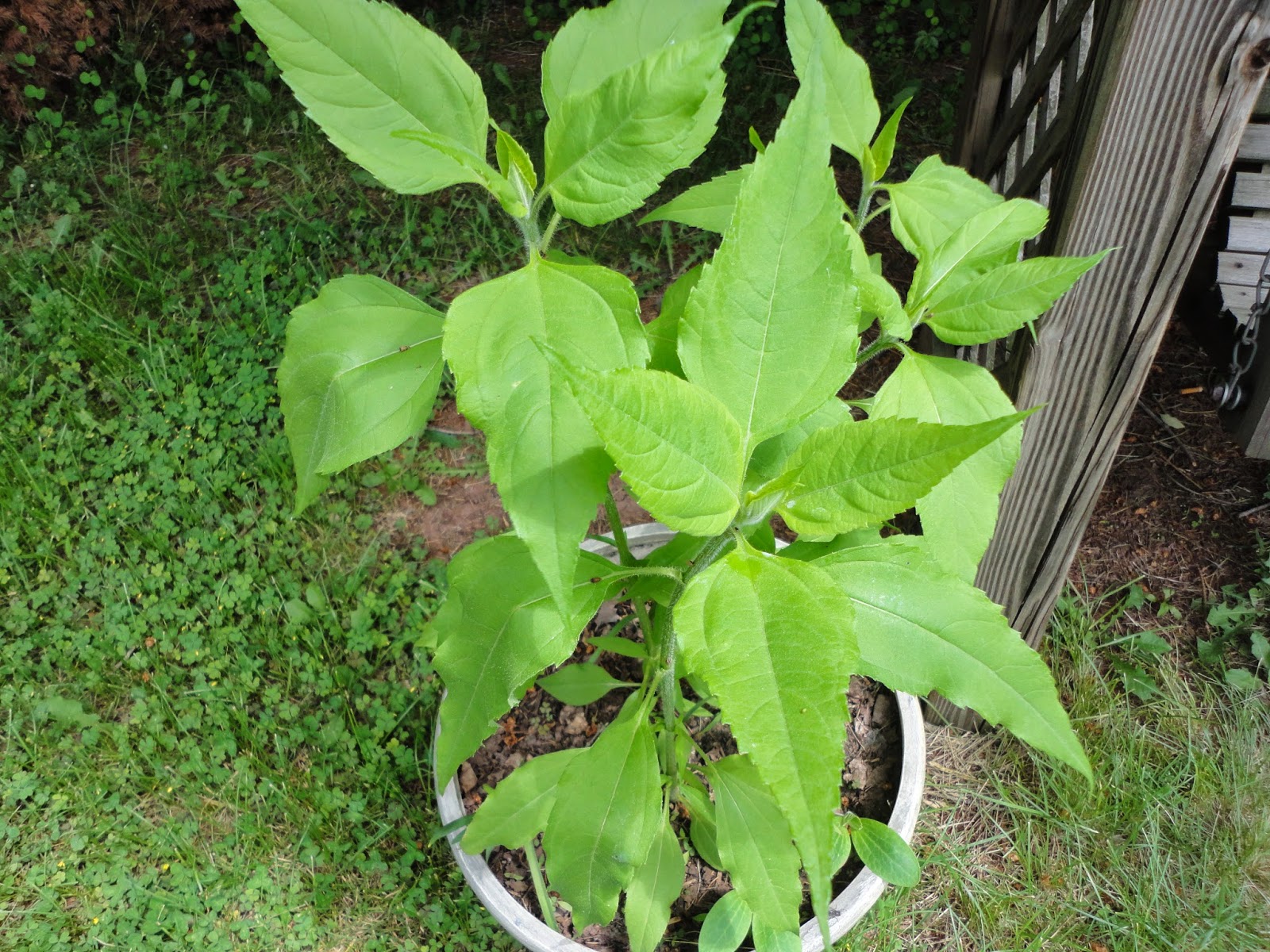Saturday, May 31, 2014
What is permaculture?
Permaculture was a word that I pretended to understand since I was into organic gardening. I would nod along like "yeah, coool" whenever somebody started talking about it. But I was thinking "Permanent-culture? Like...shrubs? Trees? You can only grow trees?" When I looked it up I got more confused, 'cause there were multiple answers, interspersed with a good amount of hippies carrying on pseudo-pagan rituals and cultivating more confusion in me over these 'philosophies' they failed to actually describe.
It isn't the kind of gardening I was taught. My grandparents lived where I do now, and they grew all their own vegetables. Every spring my grandfather would tune up the roto-tiller, plow the plots, plant the plants, probably use some synthetic fertilizers and pesticides, then pick the vegetables until they died in winter and do the same again the following year. It's what I did as a kid. When I became interested in gardening again in the past few years, I followed this model. This year I've done much of the same. It all works and it's very straightforward, but as I'm reading more and more into other methods, it doesn't make the most sense.
That's because plants live in nature. People have worked to breed certain kinds of plants, but they'll always be part of nature. So why not let them grow like they do in nature?
You don't plant the weeds in your garden, but every year, every week, more grow. Their roots trail underground or they drop new seeds, which don't fall into plowed dirt, don't get covered with a quarter inch of fine soil, and aren't guaranteed consistent water, but they always make it back. That means the plants you want to grow can do it the same way.
Although at this point I'm playing a highly active role in cultivating my plants, I'm taking steps to assure that in the future I won't need to, and my plants can grow in a way like they might in nature. My number one rule is don't use any substance that I wouldn't touch or eat. Any food scraps I turn into compost, which I use to fertilize my plants. Insects need to eat, too, and if I were to use pesticides I could kill the critters I want around which kill the critters I don't want around; lately I've seen a lot of wasps, bees, and spiders, along with a lovely lack of caterpillars nibbling my plants.
With certain plants I take a few extra steps, like tomatoes: a Tums near the base of each plant to provide calcium and ward off blossom end rot, a sprinkling of Epsom salts once a season to provide magnesium, and an occasional misting of a little baking soda dissolved in water to help keep away fungus. They're still substances I have no problem touching or eating, and they've been working so far.
I put down a lot of mulch, which composts over time to fertilize and rebuild the soil, it reduces the erosion that a wide-open plowed field would experience, and conserves a huge amount of water. Ruth Stout says that by mulching, she never had to water, and I'm coming to believe that. I also do a lot of interplanting, and use companion plants. Interplanting, I can be sure, works, because I've seen insects and fungi have a much tougher time traveling from this plant over here, to that same kind of plant all the way over there, than to one right next to it. Distance and variety have been my friends.
Organic farming is better than chemical farming, but nowadays it doesn't have the integrity I'd like to put in it. It's funny to see "organic hydroponic lettuce" and "organic farmed salmon" in the store, since I really can't imagine any natural situation where lettuce will sprout and grow to maturity while just suspended in water, nor where salmon corral themselves and spend the rest of their lives making babies 'til they die.
So permaculture is organic farming that happens naturally. It's recognizing that your plants need to, and are able to, grow the way they grow. Naturally. I think that makes sense.
Friday, May 30, 2014
What's going on.
Good stuff's going on. Now that my new plot is ready, just about everything's planted. Corn, squash, greens, tomatoes, beans, herbs, flowers. And I'm paying much more attention to creating a permacultured environment. More about that to come.
Subscribe to:
Comments (Atom)













